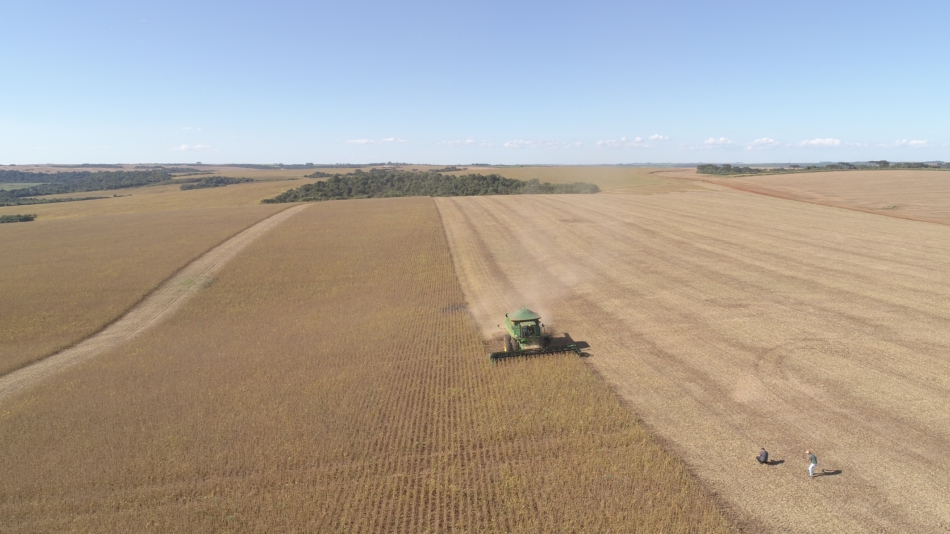
Throughout my professional life, I have had the opportunity to hear incredible stories about companies that today represent Brazil very well in the world. That is why I always think that the country would have a lot to gain from a more effective dialogue between those who produce and those who inform. Last week, I participated in a global agribusiness forum, which brought together, in São Paulo, more than 20 thousand people from all over the country and 180 companies, with content, music, gastronomy and networking, and I found that, in general, city dwellers know very little about agriculture and its relevance to the Brazilian and global economy.
Rio Grande do Sul has a lot to tell about agriculture, especially in this phase of reconstruction of the state, in which the sector faces challenges to continue growing. In agriculture, we are an example for the country on several fronts – and in a few months, we will be able to show the best of what we have to offer at COP 30, in Pará. This is a moment in which a window of opportunity opens to promote this rapprochement, and I see professional journalism as the best way to shorten this distance between the countryside and the city and vice versa.
“The good news is that there is a growing number of agricultural leaders who are more aware of the role of the press in translating their protagonism and relevance to society..”
There are still bridges to be built, and both the press and agribusiness have room to advance in order to generate knowledge and recognition. As I observed at the event, agriculture is a universe, with its own identity, repertoire, accents and habits, very different from those who live an urban routine.
To show the value that agriculture generates for everyone, the news coverage has plenty of material in the inspiring stories of families, entrepreneurs and professionals, in addition to the indicators and factual news, which are now efficiently reported. Even more so when we know that the field needs to attract and retain more qualified young people, who, due to lack of knowledge and distance, do not always imagine how much is invested in innovation, technology and sustainability – and the direct impact of the activity on the country's economy.
The good news is that there is an increasing number of leaders in the agricultural sector who are more aware of the role of the press in translating their protagonism and relevance to society. And, on the part of the media, there is a commitment to provide in-depth and quality information on everything that impacts people's lives. Companies and the press are part of the same social ecosystem, each with its own codes and responsibilities. When agriculture and the press build bridges of value, they create opportunities for all Brazilians.
Anik Suzuki, CEO of ANK Reputation and member of the Editorial Board of RBS
aniksuzuki@ankreputationfeed.com.br
- Article originally published in Zero Hora on June 13, 2025.

